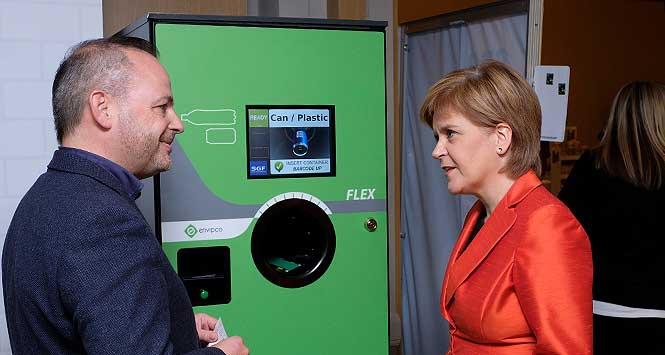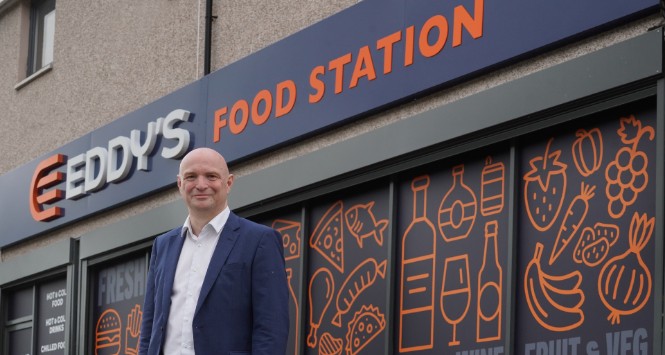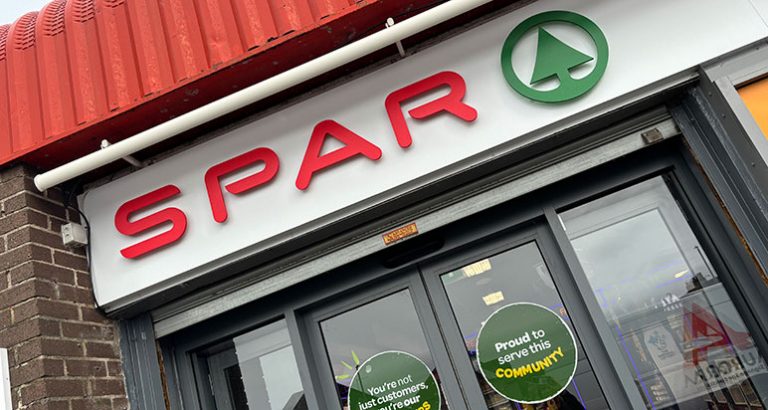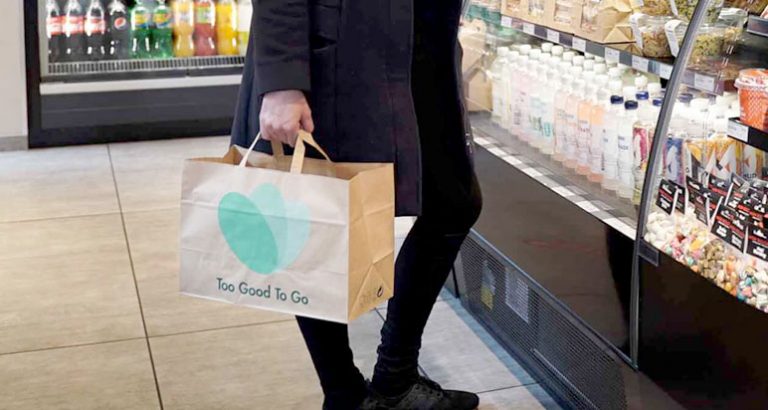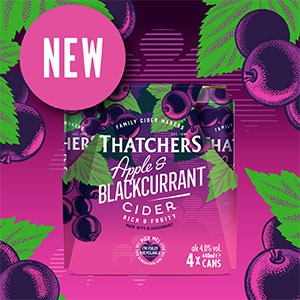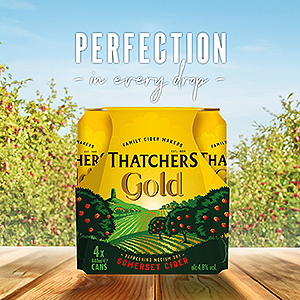With less than a year until the implementation of Scotland’s new Deposit Return Scheme, local retailers are being urged to embrace the scheme and to begin preparing in good time.
By Antony Begley
After more false starts than Lewis Hamilton, Scotland’s ground-breaking Deposit Return Scheme (DRS) has entered the final lap of a tortuous journey towards its implementation on 16 August next year.
With less than a year to go until the big day, scheme administrator Circularity Scotland (CSL) is calling on retailers and producers to begin getting their preparations in gear if they haven’t already done so.
Scotland’s DRS, the first in the UK, has the goal of ensuring that 90% of drinks containers are recycled and aims to drive the country’s move to a circular economy. Every business that makes or sells drinks in single-use glass or plastic bottles or cans will be impacted by the scheme.
Formal registration for the scheme will open in December and those who will operate return points across Scotland are being encouraged to sign up to the Circularity Scotland website now to receive all the information they will need to help them prepare.
“Of course, there is plenty more to do before 16 August 2023,” said CSL Chief Executive David Harris, “and we know that both drinks producers and those who will act as return point operators will need to make changes to how they operate.
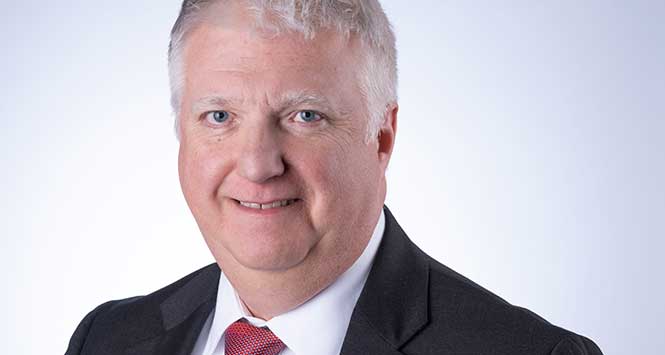
“We’re here to support them in their preparations and would encourage them to sign up with us now at circularityscotland.com to access all the information they need. We know that by working together we can make a huge difference in tackling climate change and support the growth of the circular economy in Scotland.”
In recent months CSL has secured £18m in commercial loans to support the set-up phase of the scheme and in July it appointed sustainable waste management firm Biffa as the official logistics service provider. Biffa will have responsibility for collecting and processing the recycling of the billions of drinks containers purchased by Scottish consumers each year and the move is expected to create 500 jobs in Scotland.
- Scotland’s deposit return scheme will add a refundable deposit of 20p to single use drinks containers to encourage high quality recycling and reduce litter.
- The scheme includes soft drinks and alcoholic beverages, including PET plastic bottles, metal cans, and glass bottles ranging from 50ml to three litres.
- The scheme administrator, Circularity Scotland will arrange for regular collections to stores and can arrange extra one-off collections if required.
Time to start
There’s no question that DRS will mark a huge change for the local retailing sector as retailers are obliged to take a greater role in the collection and recycling of empty drinks bottles and cans. A year may seem like a long time, but it will fly by and it’s definitely a good idea to start your preparations now. By preparing early, retailers will have enough time to make a success of the scheme in their stores.
There are very few exemptions available, so DRS will affect the vast majority of retailers in Scotland.
Mark Brill, VP Sales & Marketing at Tomra Collection UK & Ireland, commented: “Under the scheme, all retailers will have a legal obligation to offer a return point for people to return their bottles and receive their deposit back. There are some exemptions, including if there is a store nearby who agrees to run a return point on another’s behalf, some locations such as train stations where a public return point may operate instead, or if running a return point would breach health and safety regulations.”
Retailers will collect and store returned bottles and cans and pay out consumer deposits. In return for making this valuable contribution to your community and the environment, you’ll receive a handling fee:
- 55p per container for the first 8,000 containers returned each week using a reverse vending machine and 1.35p for each additional container.
- 69p per container for manual returns.
RVM or manual?
Perhaps the key question facing local retailers who are starting to line their ducks up for next August is whether to commit to a reverse vending machine (RVM) or to manually handle returns.
There are both commercial and practical elements at play in this decision. Retailers with an RVM can claim a fee of 3.55p per container for the first 8,000 containers returned each week and 1.35p for each additional container.
Manual handling offers an enhanced fee of 2.69p per container but brings a world of practical problems for you, your team and your customers. Handling large volumes of containers manually is, to all intents and purposes, entirely impractical for many stores.
Brill commented: “A reverse vending machine will help stores who sell a high volume of containers and expect their consumers to return those containers to them. A machine can increase efficiency and save store staff time. It will also be important for those who want to serve the community and promote recycling in their store.”
According to Zero Waste Scotland, Scotland’s new DRS will have a range of benefits to the environment, including:
- 34,000 fewer plastic bottles littered every day.
- The equivalent of an estimated four million tonnes of CO2 emissions eliminated over 25 years.
Opportunity or challenge?
Brill’s comment about serving the community and promoting recycling lies at the heart of a debate that has plagued the introduction of the DRS concept from day one. For a long time, retailers viewed DRS as nothing more than a new bit of legislation that would be hard to implement, take up space and not make much money.
But does our sector really want to be seen standing in the way of an enormous step towards important sustainability goals in Scotland purely because we can’t make money out of it? What signal does that send to shoppers and communities across the country? As community retailers, surely DRS and sustainability are issues that we would want to ‘own’, and where we would certainly want to outperform our supermarket cousins.
The reality probably is that retailers won’t make money from running an RVM but the likelihood is that, for most retailers, it won’t cost them much money either. Brill commented: “Variables such as whether there is another return point nearby are likely to affect the number of bottles that a store gets back, but this should be balanced with the opportunity that DRS offers to engage with shoppers. The handling fee per container from Circularity Scotland will go towards some of the costs of running a return point.”
Space race
Retailer concerns over the space required for a machine in-store, or outside, have also been addressed by the RVM manufacturers. Tomra, for example, offers a machine that is fully compliant, accepts all container types and measures just 0.61sq m.
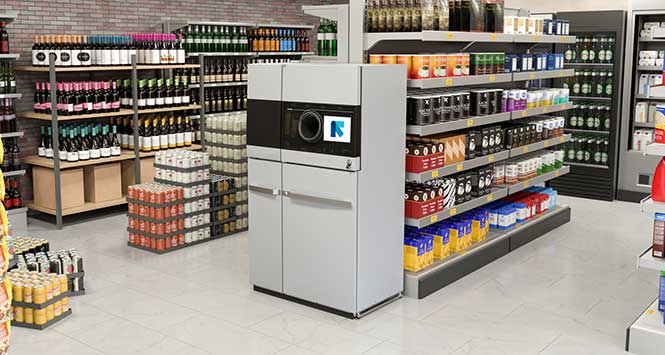
Is all this that too high a price to pay to help ensure 34,000 fewer plastic bottles are littered every day and to cut emissions by an average of nearly 160,000 tonnes of carbon dioxide a year – the equivalent of 109,000 return flights from Edinburgh to New York? Those are Zero Waste Scotland estimates but there’s also the benefits that will come from reduced littering. When a number of trials were run in stores Scotland a couple of years ago, one of the most obvious benefits was that the areas around stores were absolutely devoid of cans and bottles because people were collecting them and returning them to the store for the deposit. This is what happens in every country with a DRS.
Circular Economy Minister Lorna Slater said: “Scotland is leading the way in the UK on delivering a circular economy. By putting in place a deposit return scheme, we are delivering on the public’s desire to see action on plastic and other waste and making an important contribution to the response to the climate emergency.
“This scheme is being delivered by the industry for the industry. By putting businesses in charge, we are making sure that it works for them. With one year to go until the scheme goes live for consumers, I would encourage all businesses and organisations that produce, ship or sell drinks to get involved with the scheme now.”
Visit circularityscotland.com for more information.
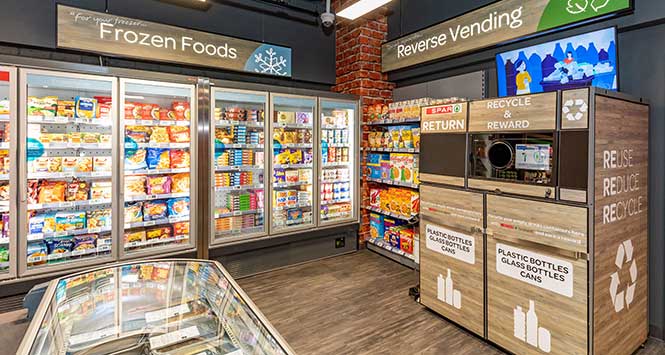
Spar Scotland has installed a Tomra reverse vending machine into its company-owned Crosshouse store as part of the company’s biggest ever investment in a single store.
The machine accepts aluminium cans, glass bottles and plastic bottles and customers are being offered a 5p incentive to recycle at the store over the next few months.
Spar Scotland hopes running this trial in-store will help both customers and staff to prepare for the introduction of DRS next August.


